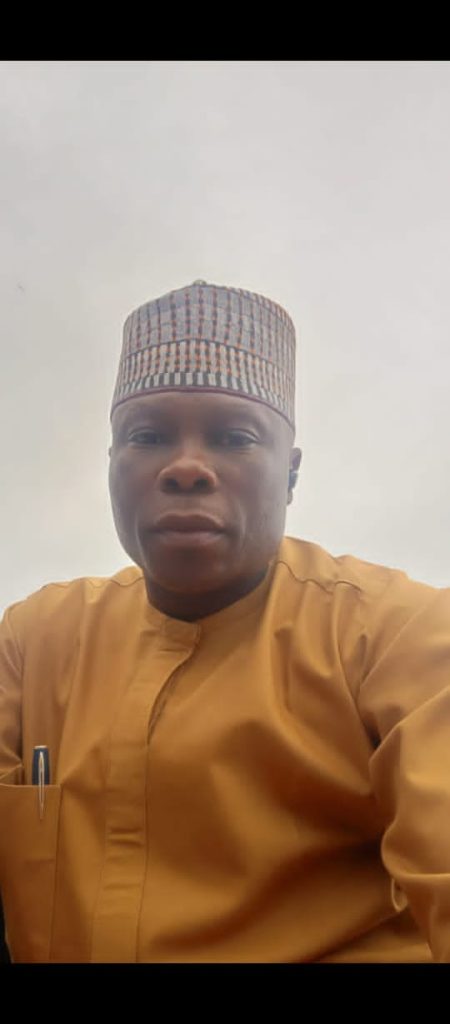Changes in Fashion -Nigerians going back to old days
By Adedotun Ajayi
Fashion is a popular aesthetic expression at a particular time and place, and in a specific context, especially in clothing, footwear, lifestyle, accessories, makeup, hairstyle, and body proportions. Whereas a trend often connotes a peculiar aesthetic expression and often lasting shorter than a season. Fashion is a distinctive and industry-supported expression traditionally tied to the fashion season and collections. Style is an expression that lasts over many seasons and is often connected to cultural movements and social markers, symbols, class, and culture. According to Designer at Qurious wears, fashion connotes “the latest fashion, the latest difference.”
The fashion industry is changing constantly. New styles are being incorporated into old styles. Many ideas are passed down as others are removed or altered.
Fashion in Nigeria has always been diverse, reflecting its many ethnic groups, religions, and cultures. Recently, the Nigerian fashion industry has developed more participants, exposure, structure, presence, earnings, and training. Many now work in the industry as clothing designers, fashion models, clothing stylists, fashion photographers, makeup artists, hair stylists, cosmetologists, and fashion journalists. Magazines devoted to fashion in Nigeria are now common. Nigeria’s New Fashion Week has grown in attendance, with long streets dedicated to fashion retailers in the major cities of Nigeria.
Traditional clothing vs. Western clothing
Recognition for Nigerian fashion has been slow in the global fashion industry, which is mostly based in North America and Europe. Many assume that Africans only wear traditional garb or using clothing solely functionally (to cover the body and protect it from environmental factors). Yet, in many African countries, clothes have historically been decorative as well as scarring, painting, tattooing, or jewelry.
There are definite distinctions between traditional Nigerian clothing and Western clothing in Nigeria. Traditional clothing signifies which ethnic group one belongs to, and can indicate one’s gender, class, religion and region. For instance, city and rural dwellers in Nigeria can easily distinguish Eastern Nigerian ways of dressing from Northern Nigerian or Western Nigerian ways. This is because the different lifestyles call for different clothing styles.
Pre-colonial fashion
Nigerian traditional clothing has reflected the cultures of Nigeria’s hundreds of ethnic groups. In pre-colonial times, Nigerians wore their traditional garb all of the time. In modern times, many Nigerians only wear “trad,” as it is commonly referred to, for special occasions, or to work on Fridays, and also for religious gatherings e.g. in the church or the mosque.
Yoruba Nation
The Yoruba people occupy South Western and North-Central Nigeria, living in such states as Lagos, Oyo, Ekiti, Kwara, Kogi, Ondo, Ogun, and Osun. They are one of the three major ethnic groups of Nigeria. The Yoruba men traditionally wear “Buba” and “Sokoto”, sometimes with an “Agbada”, an oversized cloth worn like a jacket and a “Fila”, a traditional cap. Women on the other hand wear “Buba” and “Iro” and tie “Gele” over their heads and “Ipele” over the shoulders. The Gele and Ipele must match. “Buba” is like a shirt for men and a low round neck top for women.
Igbo Nation
The Igbo people–an umbrella term for groups such as Mbaise, Ika, Aniocha, Ikwerre(disputed), and Orlu–occupy South Eastern and parts of South-Southern Nigeria, living in such states as Anambra, Enugu, Imo, Abia, Ebonyi, Delta, and Rivers. The Igbo are one of the three major ethnic groups of Nigeria. The stereotype about Igbos is that they do well in business. The Igbo women dress like the Edo people, with beads. Some Igbo groups tie a white wrapper across their shoulders.
Hausa/Fulani Nation
The Hausa people, Kanuri people, and Fulani people occupy Northern Nigeria. They have similar cultures, clothing, and languages. They are the largest grouping in Nigeria and make up the major ethnic group. The men dress with a Kaftan or Jalabiya.
The fashion industry has become a critical component of the Nigerian economy, creating jobs, promoting creativity, ingenuity and culture.
Re-based GDP figures for Nigeria, showed that the Fashion, Garment and Footwear Industry contributed 0.47% (about N380bl est), certainly a viable sub-sector, that needs to be fully harnessed.
One of the challenges in the fashion industry include: structural issues, lack of a sustainable market locally and capacity to compete at the global level.
At the Fashion Week-Akure, Designer MideTush Bespoke engages fashion designers on the challenges, opportunities and required policy framework from the government for the Industry.










